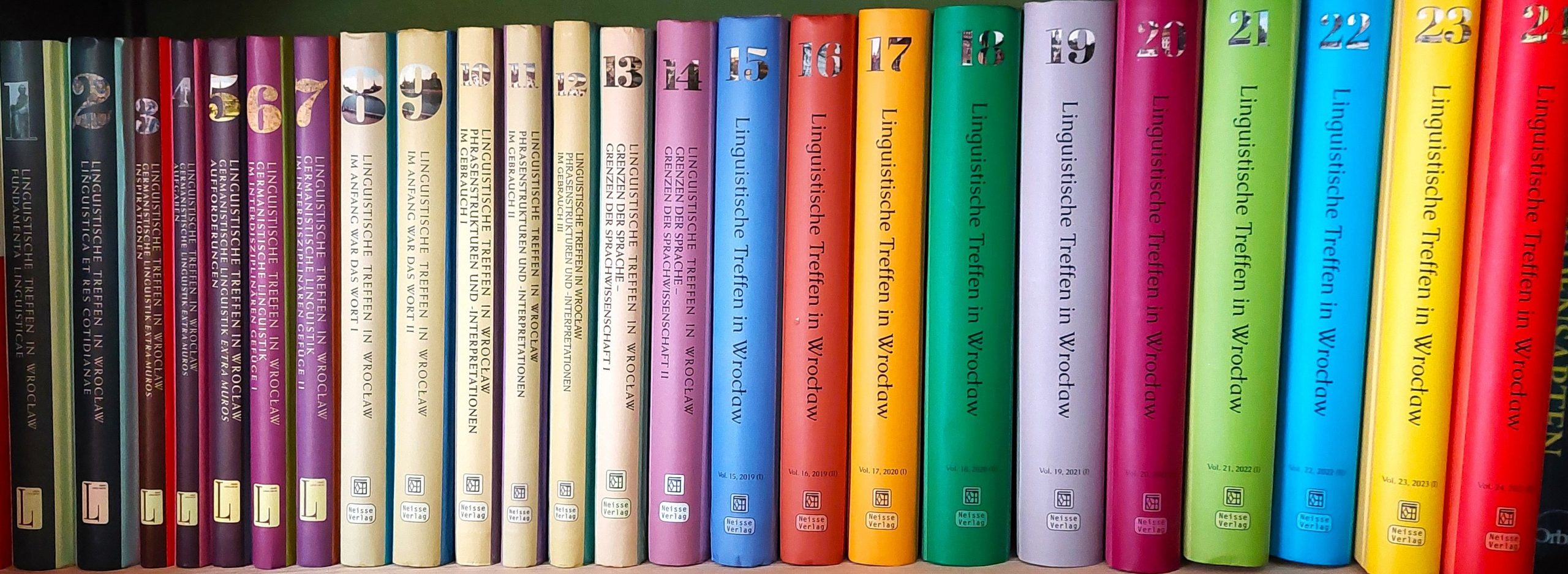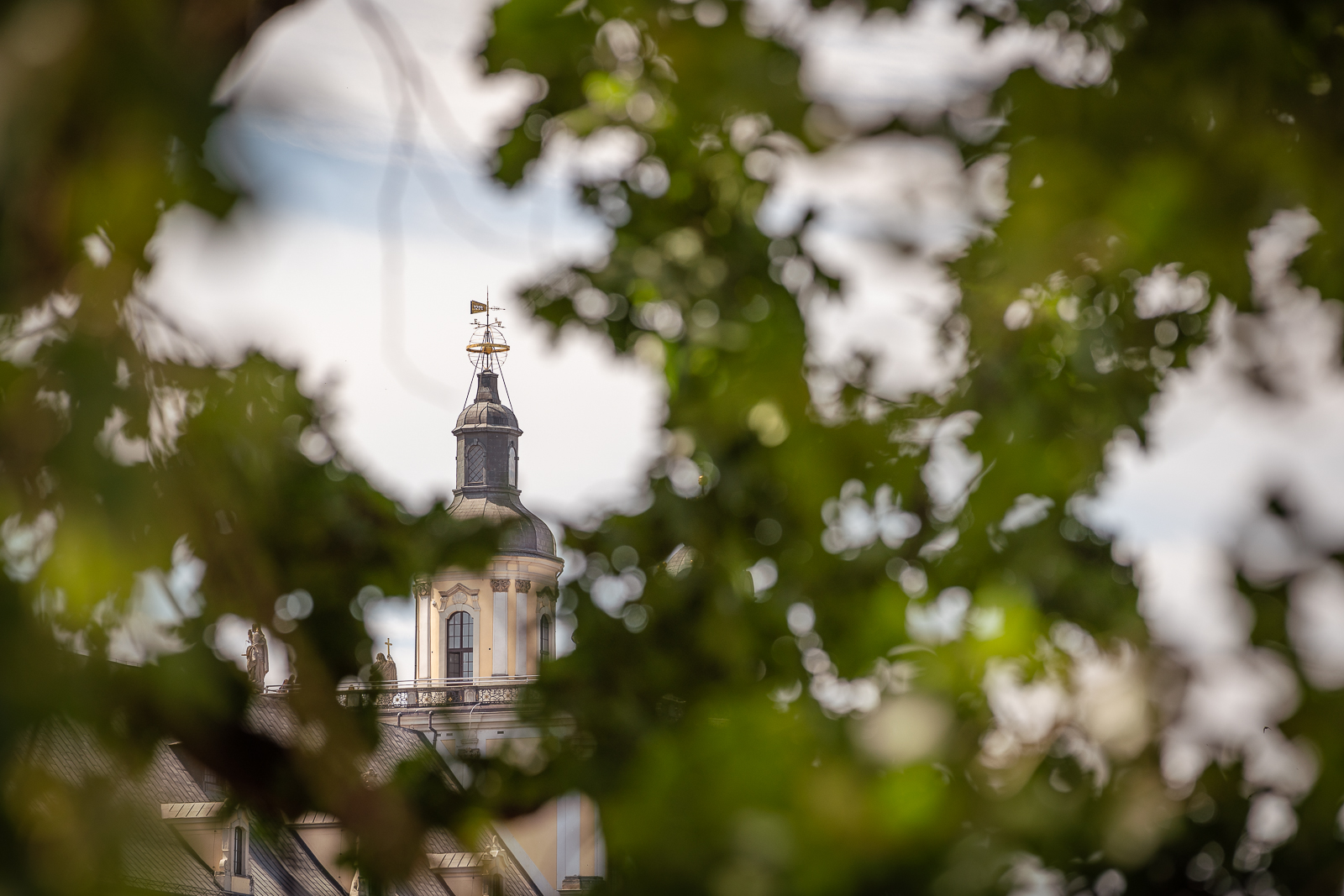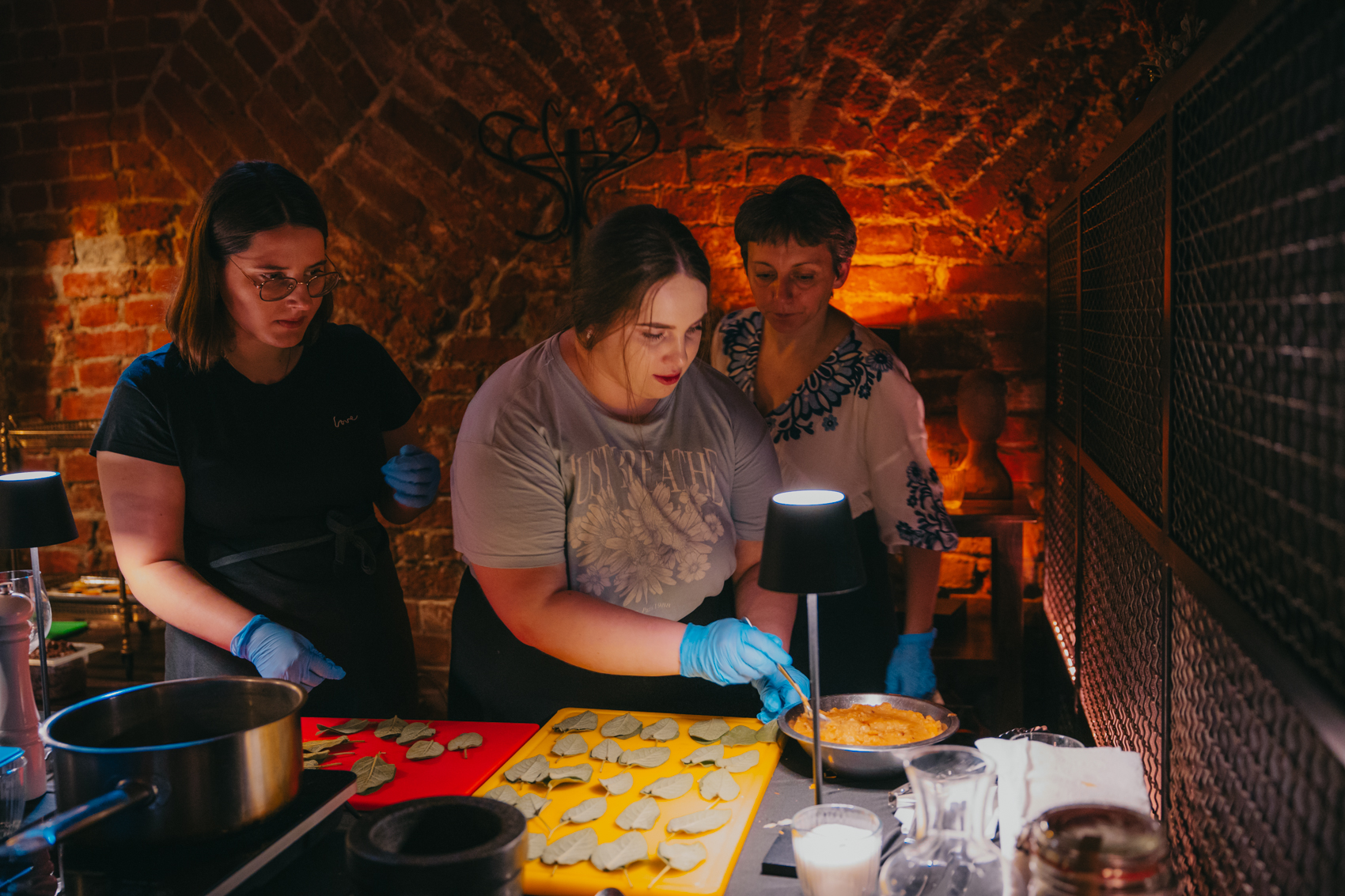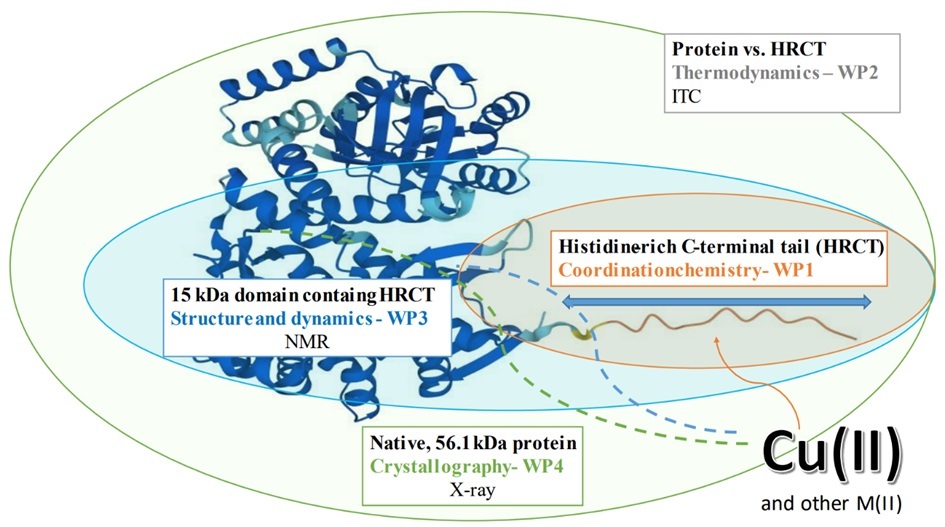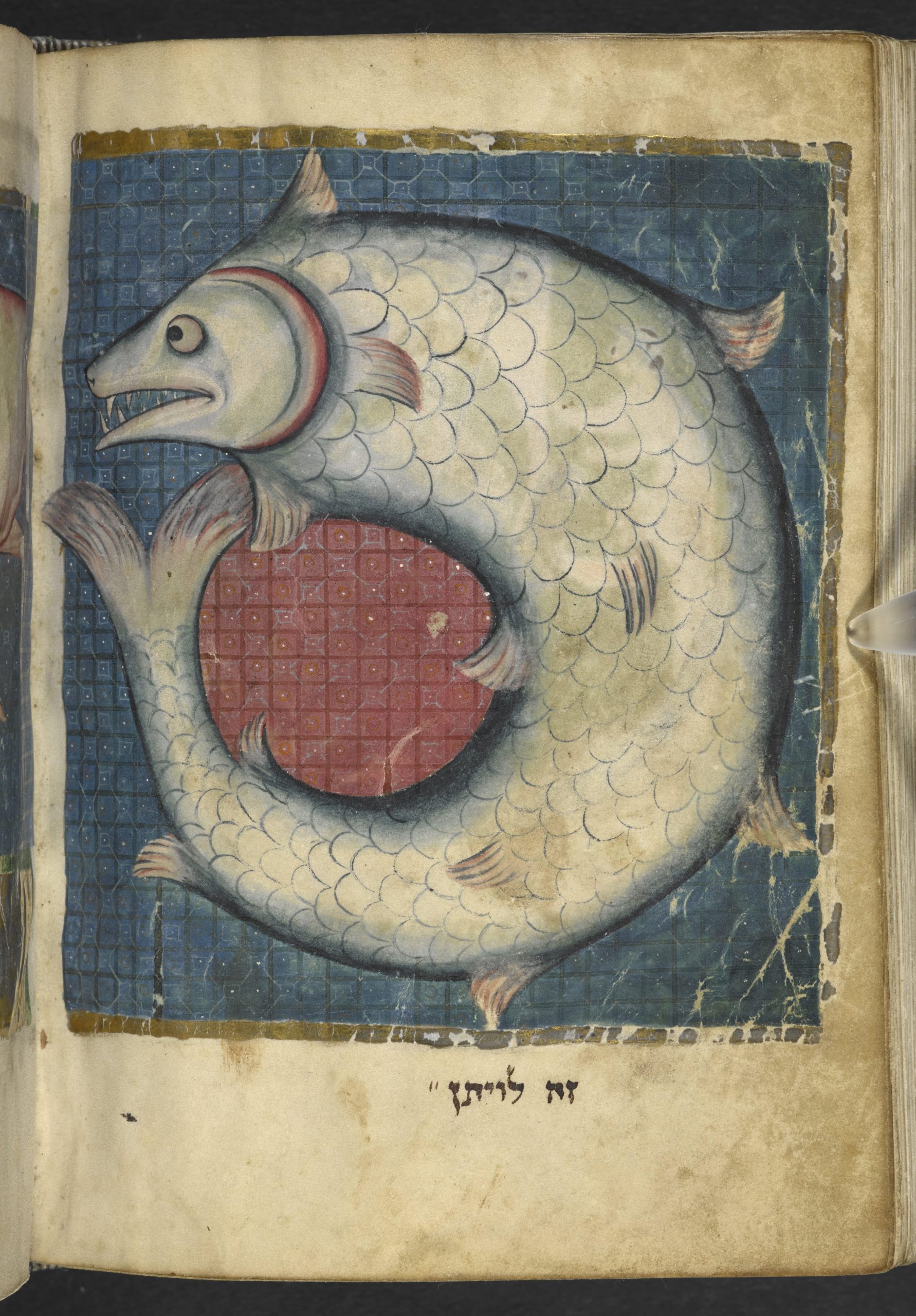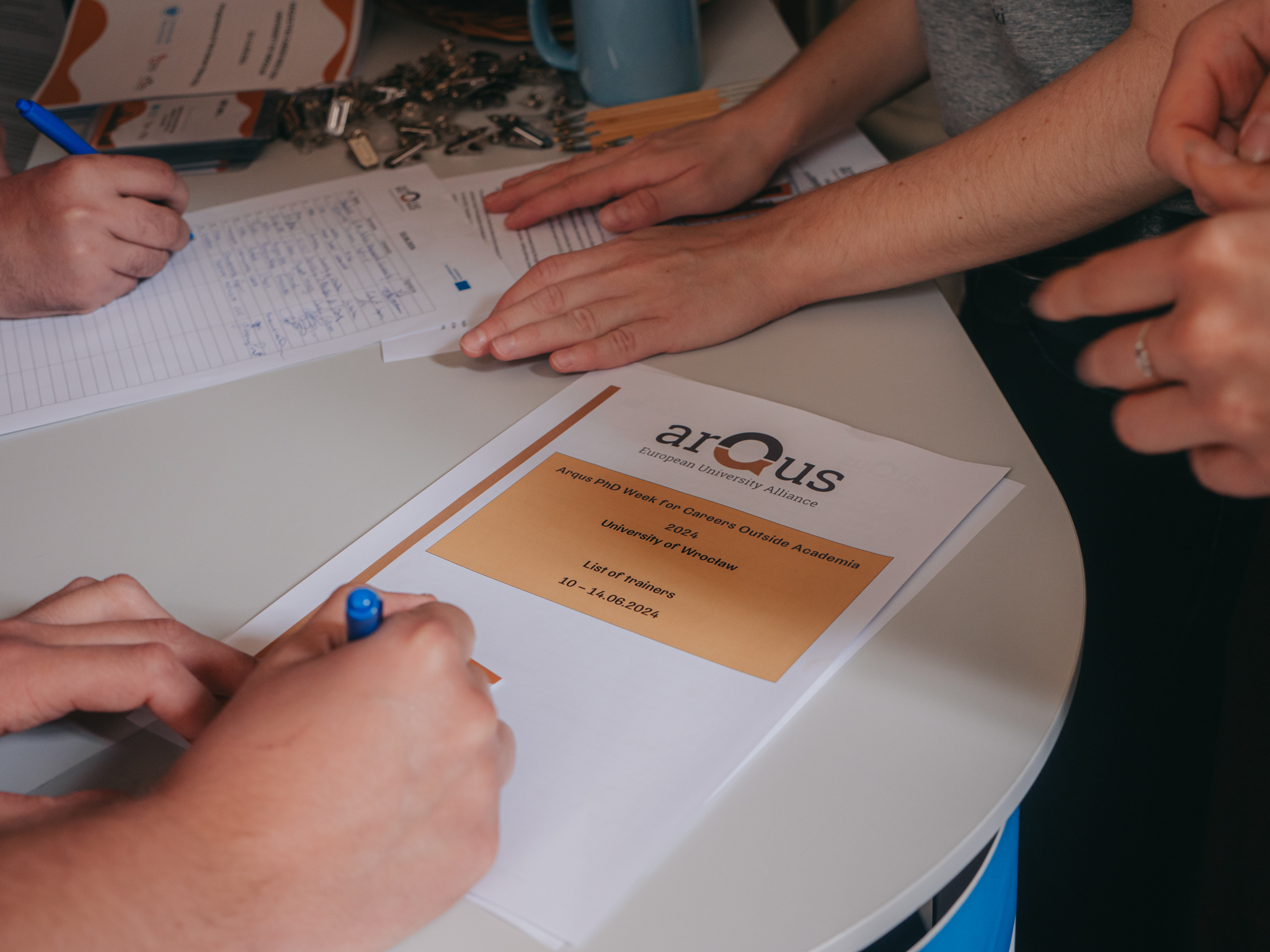News
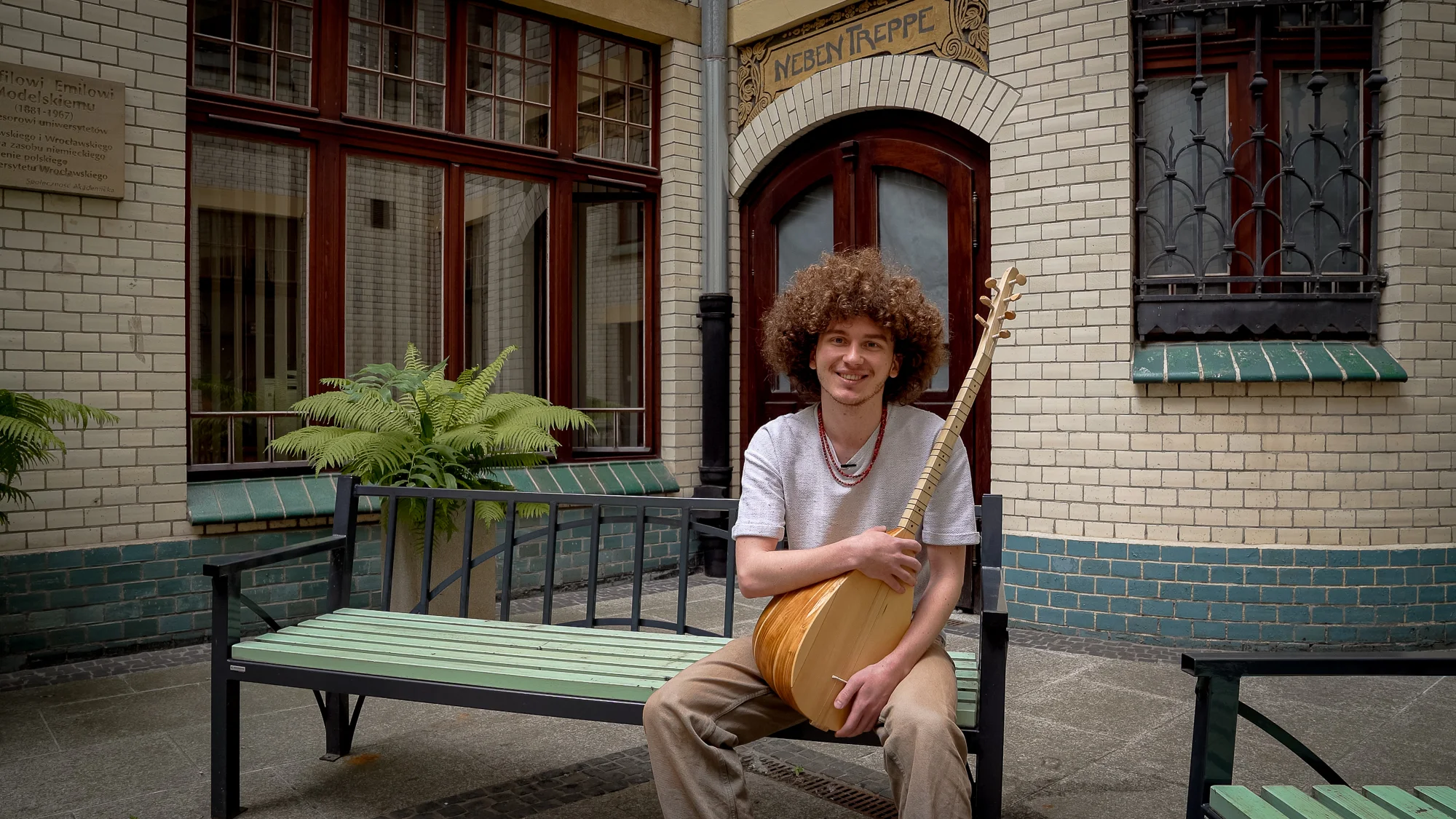
As early as this summer, an ethnomusicological expedition will set off for Madagascar to investigate not only local music and customs, but also to listen to screaming lemurs and try to find traces of certain penguins. The activities of the research group can be followed and supported on the website of the Institute of Musicology of the University of Wrocław and the fb page of the Institute of Musicology UWr.
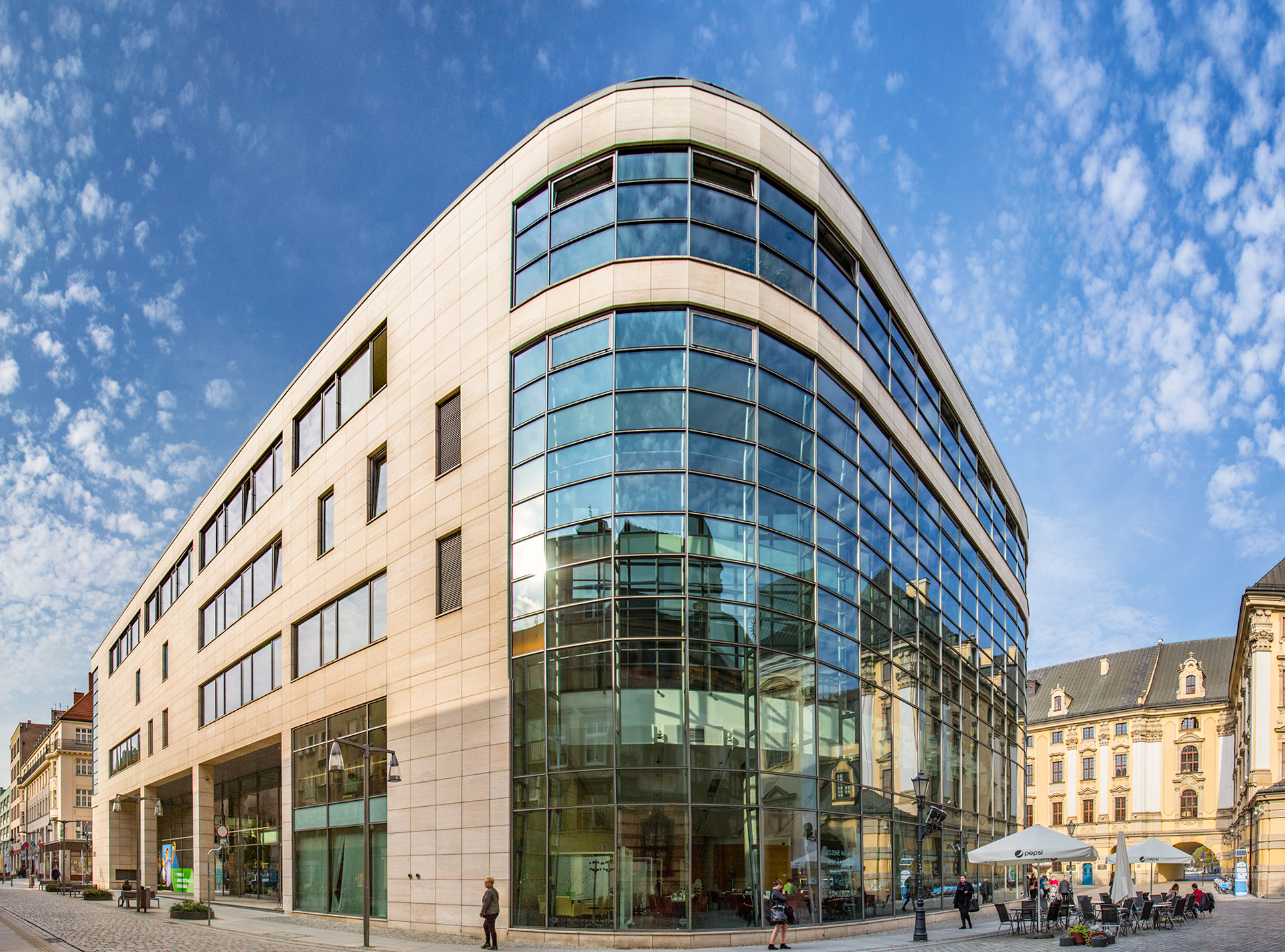
The Faculty of Law, Administration and Economics of the University of Wrocław ranked third in the 18th Ranking of Law Faculties of Dziennik Gazeta Prawna, published today. In the category of quality and strength of education, FLAE UWr is first in Poland. A place among the top law faculties is a huge success, achieved thanks to the staff, doctoral students and students of FLAE UWr.
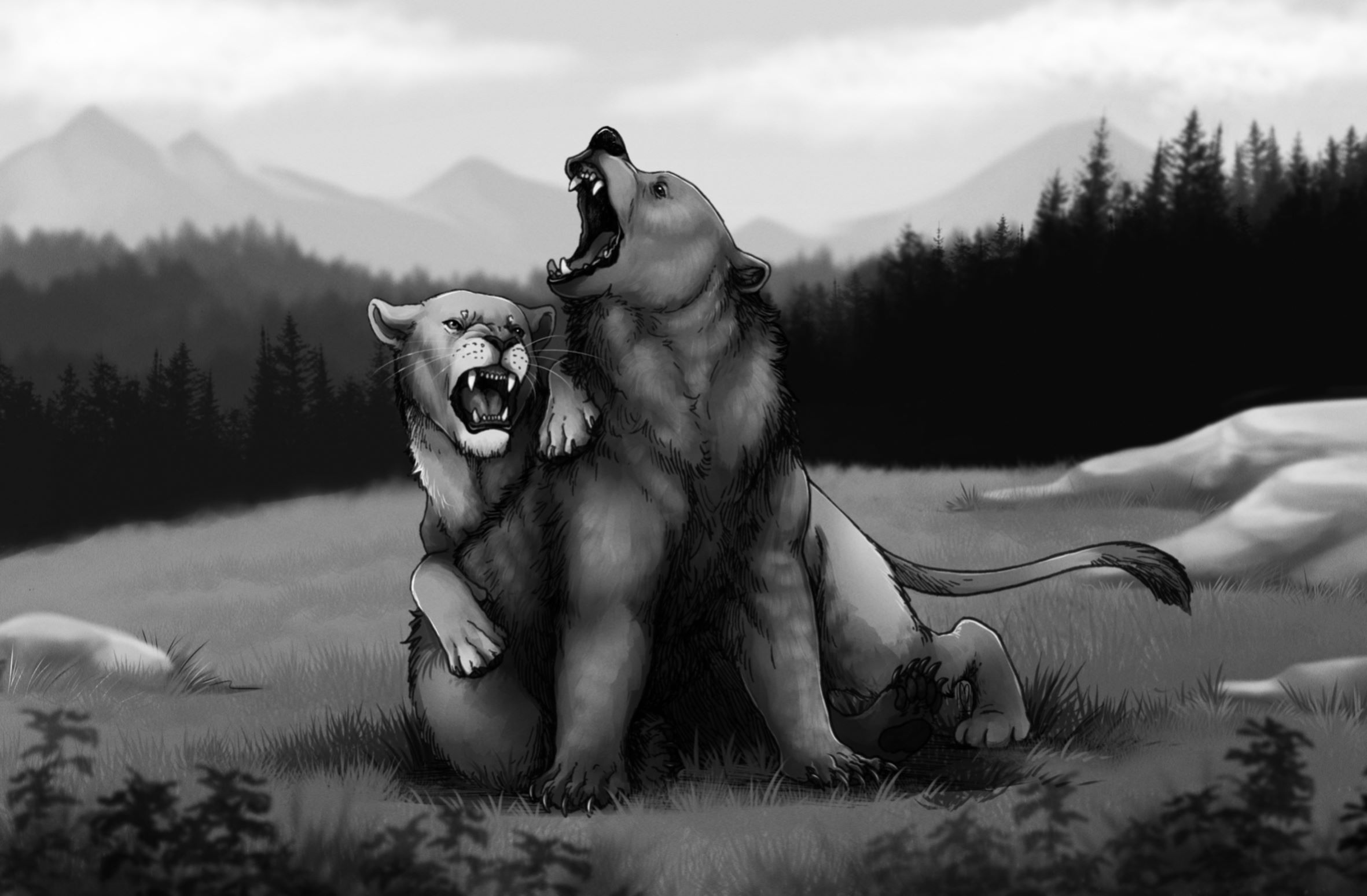
A quiet homemaker, occasionally forced to wrestle without any rules. An avid vegetarian, for which he paid the ultimate price. An object of worship whose smell could be smelled from miles away. We talk about the Pleistocene cave bear inhabiting the Bear Cave in Kletno – because it is the bear in question – with dr hab. Adrian Marciszak, prof. UWr.
Dr inż. Sławomir Potocki of the UWr Faculty of Chemistry has received a prestigious NCN Sonata Bis grant. Now he […]
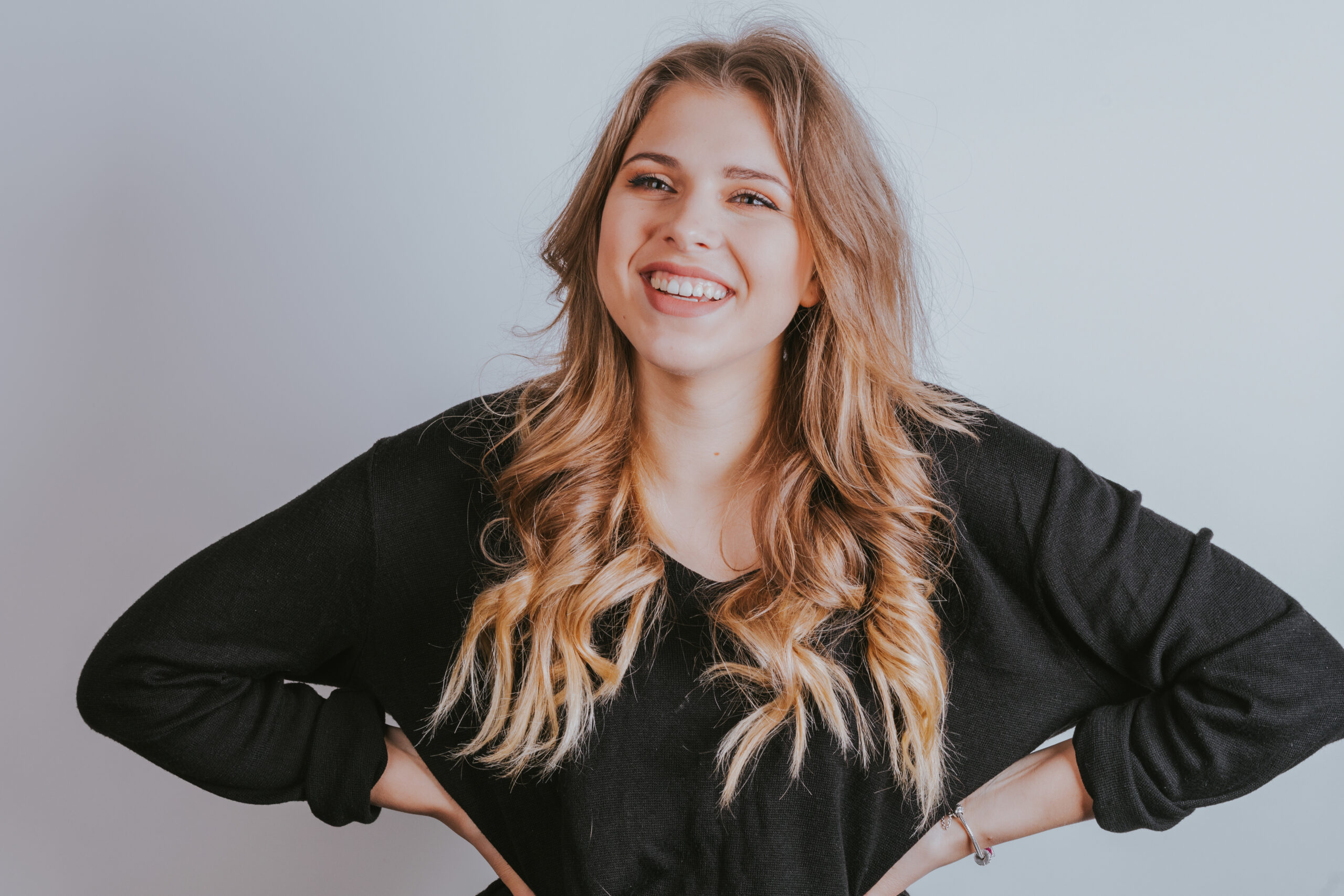
The first two weeks of registration in the Online Candidate Registration System have passed! We take a look at the statistics. Number of applications: 10264. number of candidates: 5805. Which fields of study at the University of Wrocław are the most popular among this season’s candidates? Check it out for yourselves!
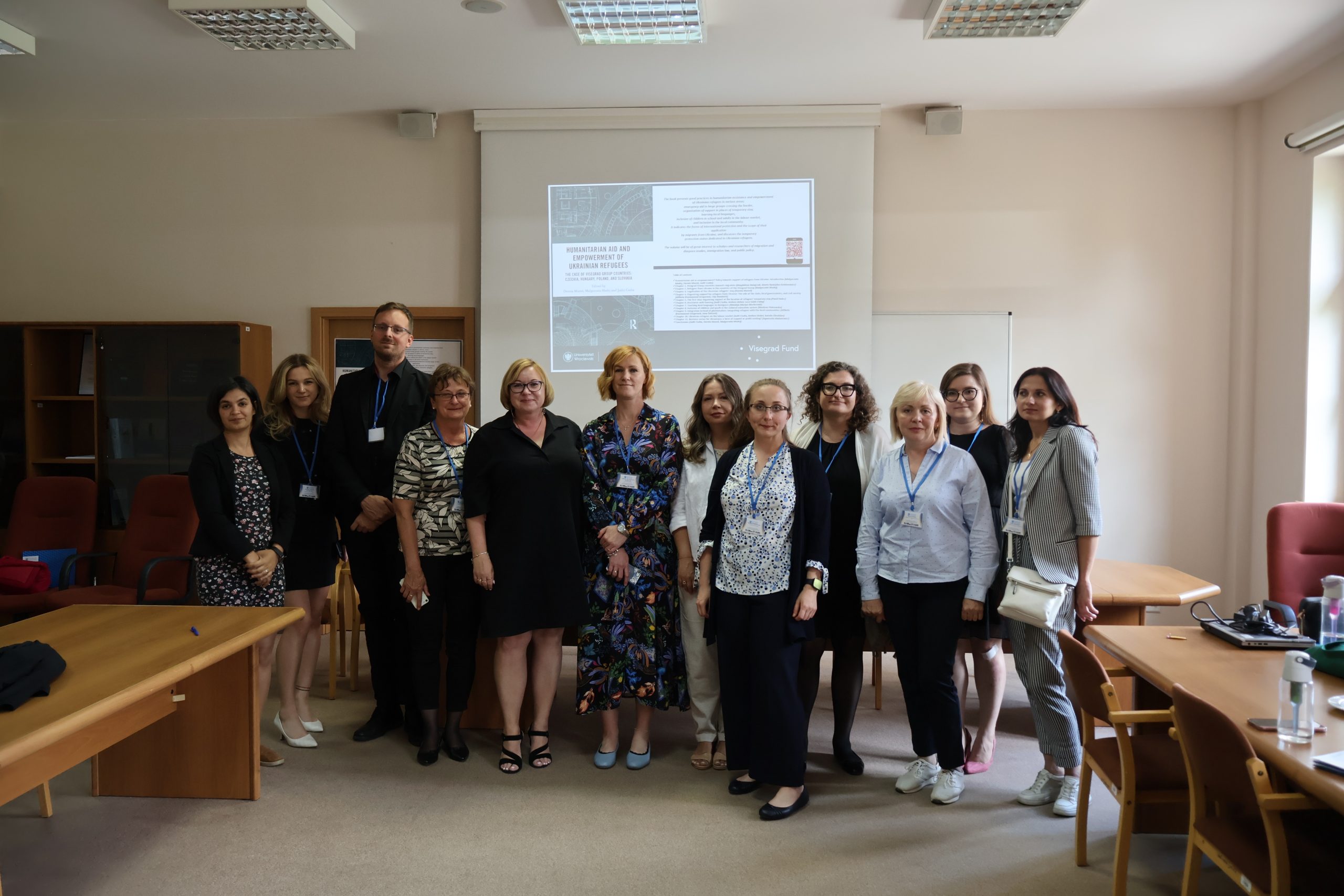
All members of the team implementing the project ‘Humanitarian aid and the empowerment of Ukrainians coming to the V4 countries – good practices’ hosted a scientific conference and book premiere in Wrocław on the 12th of June 2024. The leader of the project is the Institute of Political Science of the University of Wrocław.
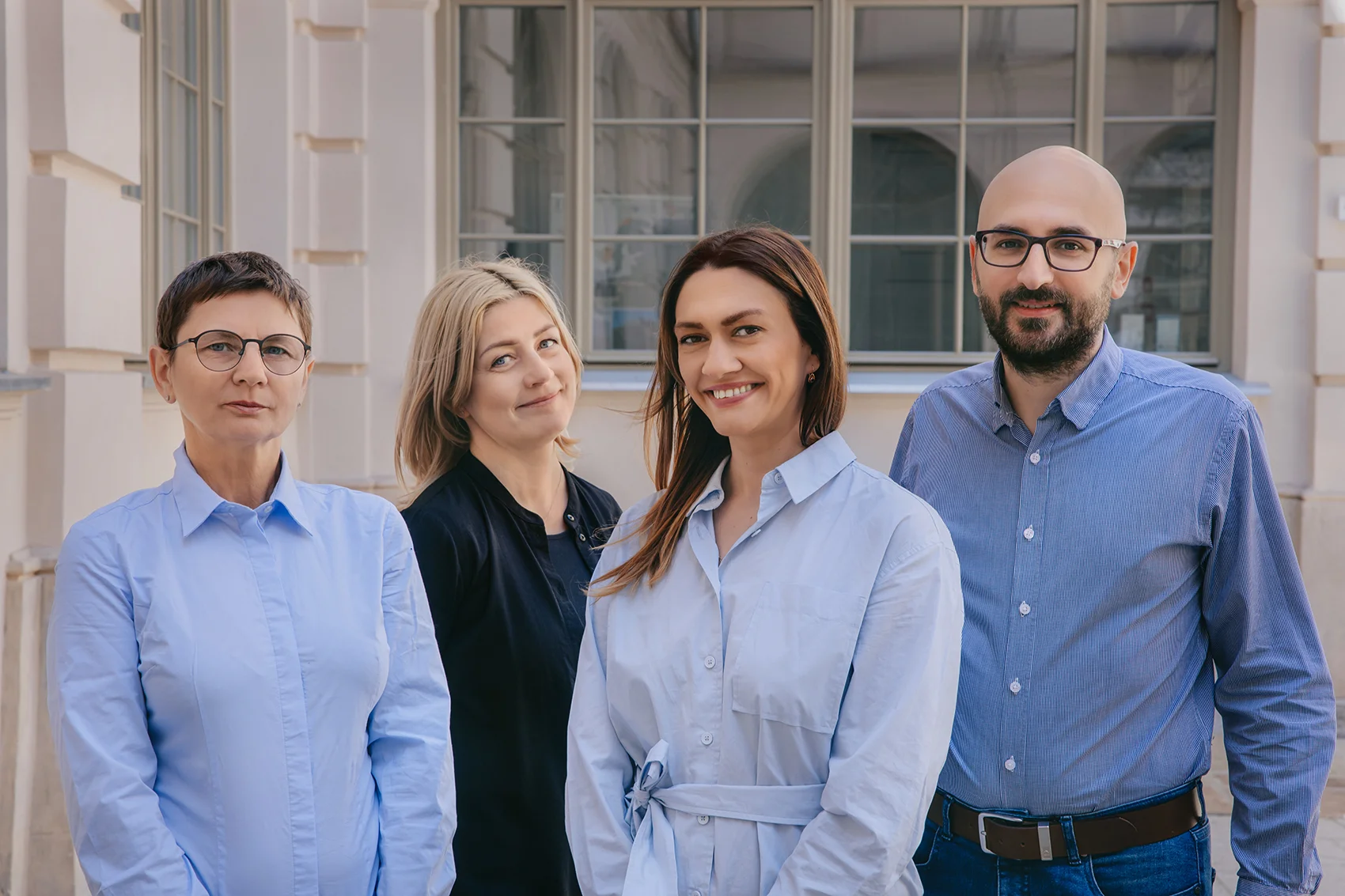
Social Analytics is a new field of study offered at our University starting in the 2024/2025 academic year. These will be full-time first-cycle studies. The classes will be held at the Faculty of Social Sciences of our university. It is a filed of study for those who want to combine knowledge of social reality with practical skills to study it and process large sets of empirical data for business decisions and strategies, among other things. Recruitment for this direction is already underway, and details can be found at www.rekrutacja.uni.wroc.pl.
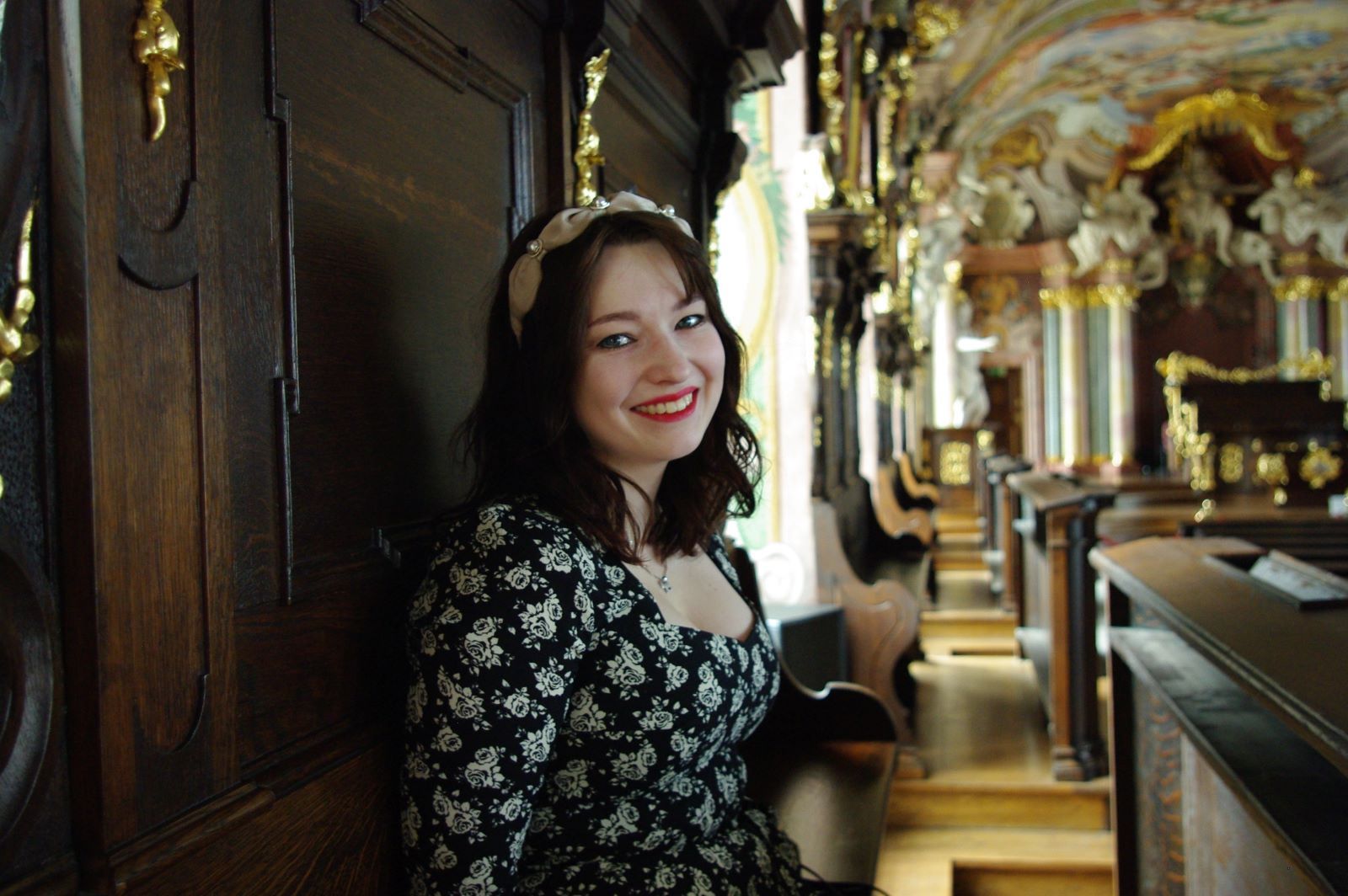
The Polish Physical Society (Wrocław branch) has announced the winners of the second edition of the prize for young scientists for the best scientific paper in physics published in 2023. The main prize (ex-aequo) was won by Agnieszka Jeżdżewska, a first-year master’s student at the University of Wrocław.
How did Polish inventors contribute to Allied success during World War II? Was Polish poetry of interest to American workers […]




